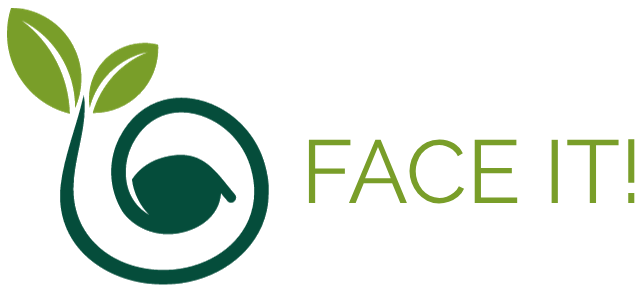
La cooperativa sta sperimentando una formula di micro-fattoria. Supportata dalla Ferme de la Patte d’Oie, che gestisce le coltivazioni di campo (cereali, ecc.), sviluppa le sue attività sotto forma di laboratori: orticoltura, panificazione, allevamento, arboricoltura, trasformazione, formazione, ecc.
Il potager de Graines de vie è attivo da 15 anni. Si estende su 85 ares, dove si coltivano una vasta gamma di ortaggi, piccoli frutti e alberi da frutto da metà gennaio a metà dicembre. Sono molto attenti alla qualità gustativa delle verdure, quindi selezionano varietà antiche e rustiche da fornitori di semi biologici (principalmente Bingenheimer). Coltivano su letti permanenti, il che consente loro di migliorare continuamente la salute del suolo. I loro orticoltori coltivano circa un centinaio di varietà per il piacere degli “eatori” che si impegnano a ordinare i loro cesti di verdura per tutta la stagione. Sono lieti di supportare le filiere corte promuovendo l’emergere di gruppi di acquisto solidale in diversi quartieri di Bruxelles e nel Brabant Wallon.
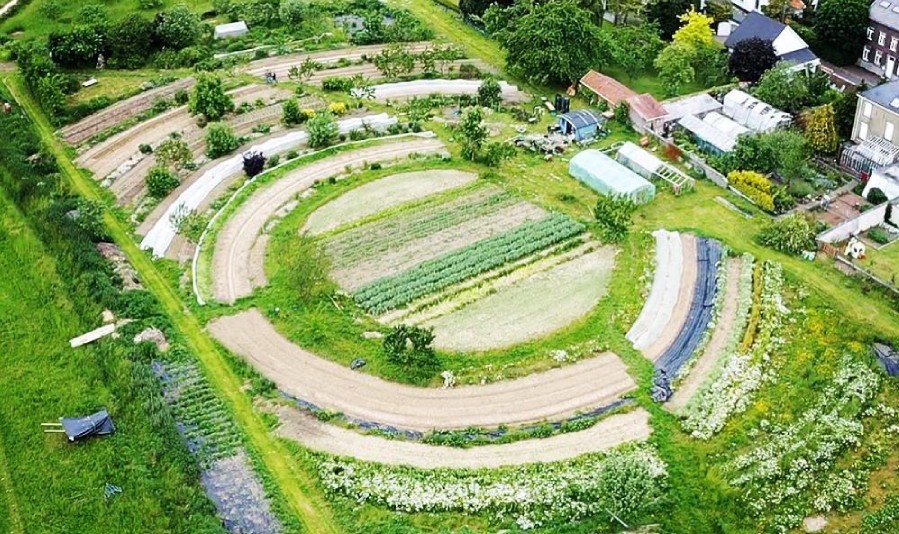
Il “plein champ” si estende su un ettaro accanto all’orto. Ospita verdure da stoccaggio e quelle che richiedono molto spazio per crescere. È coltivato con trazione animale utilizzando vari strumenti tradizionali. In inverno, Olivier e i suoi tre cavalli, Crac, Fangio ed Elmo, lavorano tipicamente nel bosco per il disboscamento e la potatura degli alberi. Durante la stagione di crescita, vengono a lavorare nei campi per preparare il terreno per numerosi semini e trapianti, come patate, carote, cavoli, porri e altro. Si occupano anche di una parte significativa della manutenzione dei raccolti attraverso la diserbo, la sarchiatura e il rincalzare. Lavorare con i cavalli aiuta a preservare la salute del suolo evitando la compattazione causata dalle ruote molto più pesanti dei trattori. Gli zoccoli dei cavalli sono molto meno dannosi, ma consentono comunque un lavoro efficace del suolo.
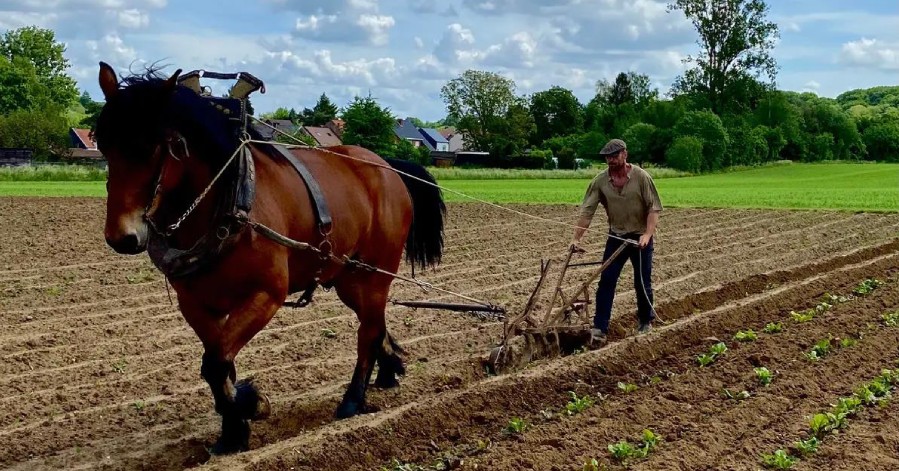
La strategia di marketing si basa sui GASAP. Un GASAP, o Gruppo di Acquisto Solidale per l’Agricoltura Contadina, è una partnership tra consumatori e produttori, con entrambe le parti che si impegnano per un’intera stagione di produzione. I concetti chiave sono:
- Solidarietà: I produttori si impegnano a fornire prodotti di qualità, e i consumatori accettano di pagare un prezzo equo in anticipo attraverso un contratto di solidarietà.
- Trasparenza: I prezzi dei prodotti sono stabiliti in modo equo, tenendo conto dei costi di produzione effettivi. Questo consente ai produttori di guadagnare un reddito dignitoso e stabile dalla loro attività. I pagamenti anticipati permettono loro di pianificare il lavoro più facilmente (investimenti, pianificazione delle coltivazioni, ecc.). I consumatori condividono alcuni dei rischi della produzione (come le condizioni meteorologiche, le malattie) accettando variazioni nei cesti.
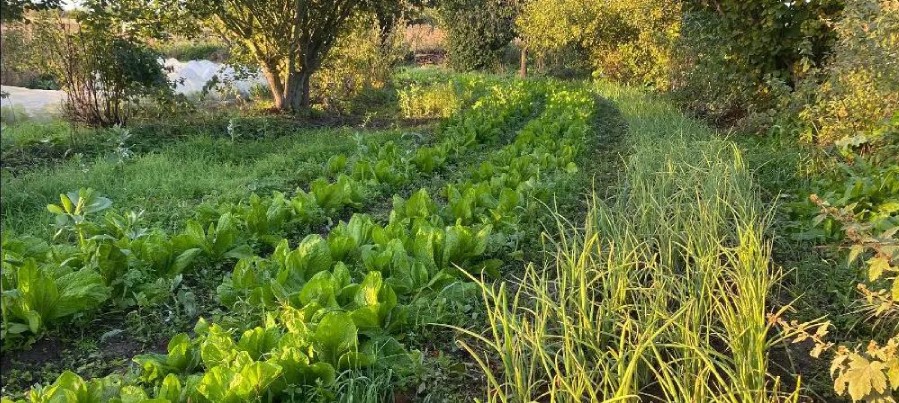
Homepage: https://www.grainesdevie.coop/
e-mail: info@grainesdevie.coop
